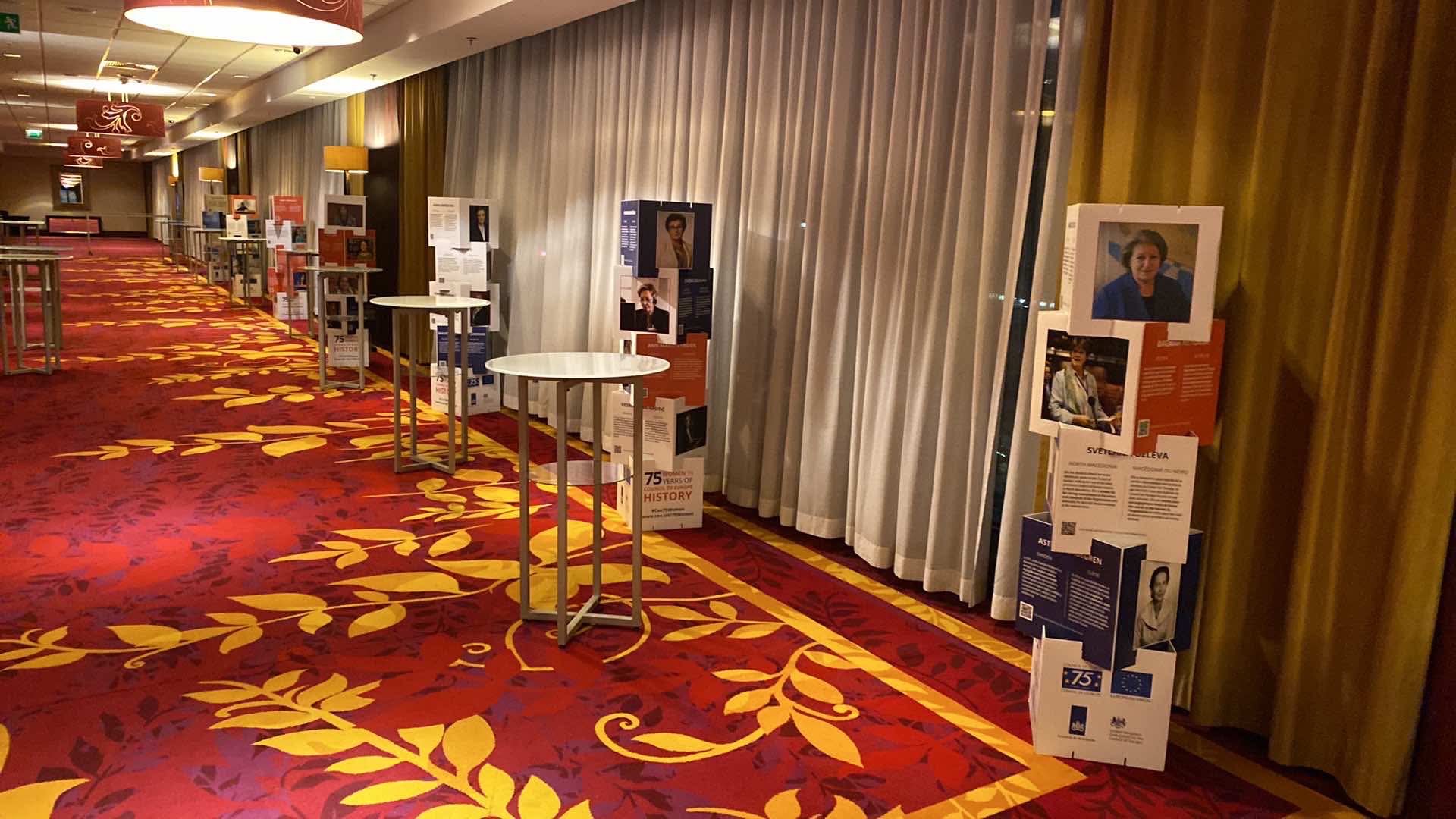15th Warsaw Human Rights Seminar: The role of the European Convention on Human Rights and the European Court of Human Rights in strengthening democratic institutions
10.12.2024
On the occasion of the International Human Rights Day, the Ministry of Foreign Affairs organized the 15th edition of Warsaw Human Rights Seminar. The seminar was an opportunity to reflect on the importance of the European Convention on Human Rights (ECHR) and the European Court of Human Rights (ECHR) in shaping democratic institutions. The programme of the event referred to the 75th anniversary of the establishment of the Council of Europe and the 65th anniversary of the European Court of Human Rights, whose achievements play a pivotal role in the protection of human rights, the rule of law and democracy on the continent.

The seminar, gathering international and domestic experts, began with a speech by Henryka Mościcka-Dendys, Deputy Minister of Foreign Affairs of the Republic of Poland. While addressing the audience, the minister emphasized the importance of the Council of Europe as an organization that has been supporting the process of building democratic institutions in Europe for 75 years. Minister Mościcka-Dendys pointed out that today's challenges, such as threats to the independence of the judiciary or civil liberties, pose new tasks to international institutions.
One of the most important topics discussed during the seminar was the growing importance of the Council of Europe and the European Court of Human Rights, especially in the context of ongoing reforms in Poland. In response to growing threats to democratic principles in many countries, the Council of Europe and the ECHR have become key actors on the European human rights scene, gaining a greater role in monitoring the situation in member states.
Marko Bošnjak, President of the European Court of Human Rights, in the main speech of the conference, indicated the fundamental role of the ECHR in maintaining democracy and the rule of law in Europe. He underlined that the Court not only serves to protect individual rights, but also contributes to the stability of democratic institutions. Mentioning Poland, he noted that the Court's rulings, especially those relating to the judiciary, have had and continue to have a significant impact on shaping the rule of law, pointing to the need to take further actions to reform the judicial system. The Court has acquired a fundamental role in defending judicial independence.
Claire Bazy Malaurie, President of the Venice Commission of the Council of Europe, sent a special message to the participants. She emphasized that although the establishment of democratic institutions is necessary, it does not in itself ensure the sustainability of democracy.
In the discussion on the role of an independent judiciary in a democratic system participated also: Anna Adamska-Gallant, newly elected judge of the European Court of Human Rights on behalf of Poland, and Krystian Markiewicz, president of the Association of Polish Judges "Iustitia".
Issues related to guaranteeing the democratic law-making process were also subject of the discussion. Panelists, including Maciej Nowicki, President of the Management Board of the Helsinki Foundation for Human Rights, and Szymon Janczarek from the Department for the Enforcement of ECHR Judgments, stressed that one of the key challenges for legal systems is to ensure compliance of national legislative processes with international human rights standards. Renata Degener, Deputy Section Registrar in ECHR (2021-2024), drew the participants’ attention to the fact that the increasing importance of the Court is associated with the growing interest in the Court's judgments and their impact on shaping state policy, especially in the area of judicial reforms.
Participants of the event had an opportunity to get acquainted with two exhibitions aimed at commemorating the 75th anniversary of the Council of Europe and showing its achievements.
The first exhibition - "Council of Europe: 75th Anniversary Exhibition" - presented key events in the history of the Council of Europe and its achievements in the area of protection of human rights, democracy and the rule of law. The exhibition introduced the audience into the role of the Council of Europe as an organization building a common space of values and cooperation on the continent throughout its 75 years of activity. It showcased the achievements of organizations that include, for example, conventions influencing the shape and compliance with human rights standards in Europe and around the world. More information: « A timeline of key events in the history of the Council of Europe from 1949 to 2024. »
The second exhibition - "75 Women in 75 Years of Council of European History" - was devoted to women who have shaped the history of the Council of Europe. The exhibition highlighted the profiles of 75 women who played important roles in the organization - from politicians to experts, social activists and lawyers. Among honoured women were four Poles: Hanna Suchocka, Anna Rurka, Hanna Machińska and Elżbieta Franków-Jaśkiewicz. More information: 75 women in 75 years of Council of Europe history - Telling the CoE's story.


